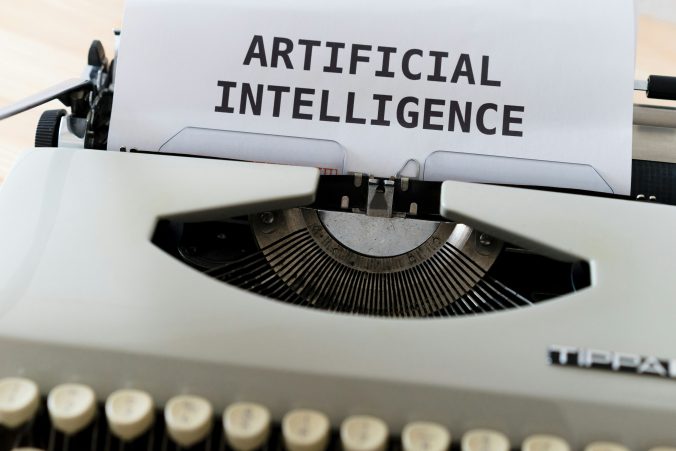Someone suggested to me today that I use ChatGPT4 to help me finish The Wild Hunt Quartet.
The suggestion was kindly meant. I believe they genuinely thought it might be helpful, that maybe I could use this technology to help finish The Dragon House faster. Whilst I appreciate the thought, I will not be using any kind of AI tools in my work, either now or in the future.
I haven’t waded into the social media furore about large-language models (LLMs) being trained on copyrighted works, or various websites entering into agreements with AI companies to sell them training data without users’ consent, because pretty much everything I’ve wanted to say has already been said by folks more articulate and well-informed than me.
There are any number of objectively valid reasons not to perpetuate the AI bubble, quite apart from the hideous environmental cost of powering these LLMs and that AI-assisted search engines straight up lie to you. But the one I want to talk about is subjective, entirely personal.
What a generative AI writing assistant spits out will not be my story any more.
There, I said it. Does it make me sound precious? I don’t care. I’ve invested too much of myself into this world and these characters. Even if this AI is trained on my books, given prompts I have fine-tuned to the nth degree, it will not be a product of my brainmeats. And if I will have to edit what the AI spews out anyway, I might as well just write it myself. Then the book, and by extension the series, stands or falls by my efforts.
When I read this person’s email this morning, I was reminded of The Hitch Hiker’s Guide to the Galaxy, and Arthur Dent’s attempts to teach the Nutri-Matic to make him a cup of tea.
He had found a Nutri-Matic machine which had provided him with a plastic cup filled with a liquid that was almost, but not quite, entirely unlike tea.
The way it functioned was very interesting. When the Drink button was pressed it made an instant but highly detailed examination of the subject’s taste buds, a spectroscopic analysis of the subject’s metabolism and then sent tiny experimental signals down the neural pathways to the taste centres of the subject’s brain to see what was likely to go down well. However, no one knew quite why it did this because it invariably delivered a cupful of liquid that was almost, but not quite, entirely unlike tea.— Douglas Adams
I am not going to spend vast amounts of time and energy trying to teach a machine how to write almost, but not quite, entirely unlike me.
Featured image credit: Markus Winkler on Unsplash







